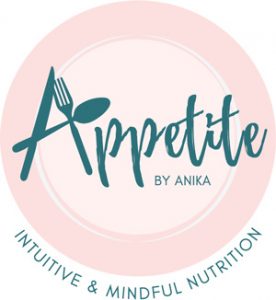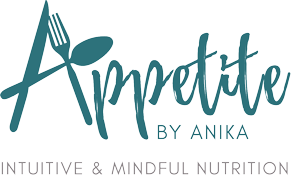Gut health is an emerging area of research and has been an ongoing topic of interest in recent years. Firstly, what is gut health? Gut health refers to our gut microorganisms that makes up our gut microbiome in the large colon that plays a key role in production of essential vitamins, beneficial by-products such as short chain fatty acid (SCFA) and contributes to immune health. These include 100 trillion microorganisms comprising of bacteria, viruses, fungi and protozoa1. A healthy gut microbiome is associated with reduced risk of chronic diseases such as obesity, type 2 diabetes and inflammation. Diet plays a key role in positively impacting our gut health2.3. A healthy gut microbiome is associated with reduced risk of chronic diseases such as obesity, type 2 diabetes and inflammation. Diet plays a key role in positively impacting our gut health1,2.
As a busy woman, you are trying to juggle between many priorities and I know you don’t have time to read a long article to understand gut health. If you are trying to incorporate gut healthy foods in your diet, this is your time to learn as February is known as Gut Health Month. So, here are five simple ways to improve your gut health:
1) Probiotics
These are foods that includes live microorganisms such as lactic acid bacteria containing strains like lactobacilli and bifidobacteria added to cultured yoghurt and milk products2,4. Other examples include kefir, sauerkraut, kimchi, kombucha to list a few. Examples are consuming a serve (200g) of yoghurt as a snack, adding kimchi or sauerkraut to your main meals.
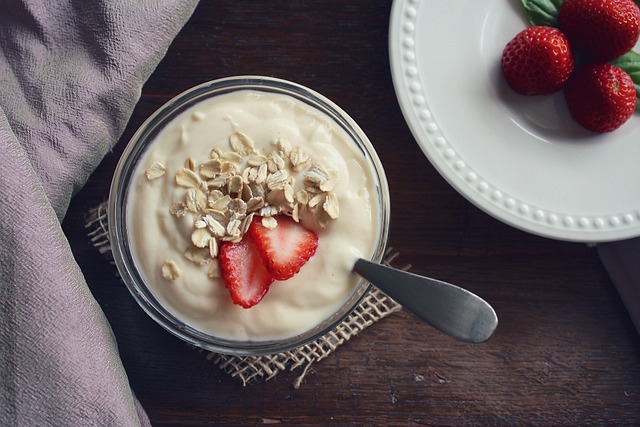
2) Prebiotics
These are non-digestible sources of carbohydrates such as fructooligosaccharides, galactooligosaccharides, polyol sugar alchohols and soluble fibre that is a source of food for good bacteria and are fermented by our microorganisms in the large intestine3. These include onion, garlic, legumes, soybeans, raw oats to list a few1. Examples includes a serve (1 cup or 150g) of legume-based meals such as lentil soup, chickpeas salad, mixed beans with tomatoes.
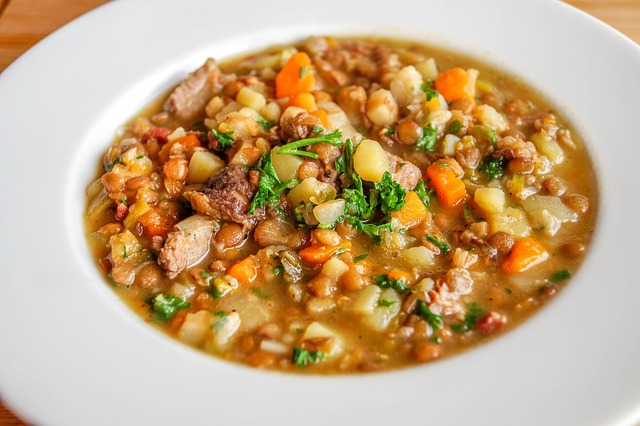
3) Variety of seasonal fruits, vegetables and nuts & seeds
Including these food sources in your diet daily provides you with dietary polyphenols which has antioxidant properties and is also beneficial for gut health. For example, a medium sized fruit or handful of unsalted mixed nuts and seeds in smoothies or salads as a snack along with including mix of frozen or fresh vegetables in your main meals.
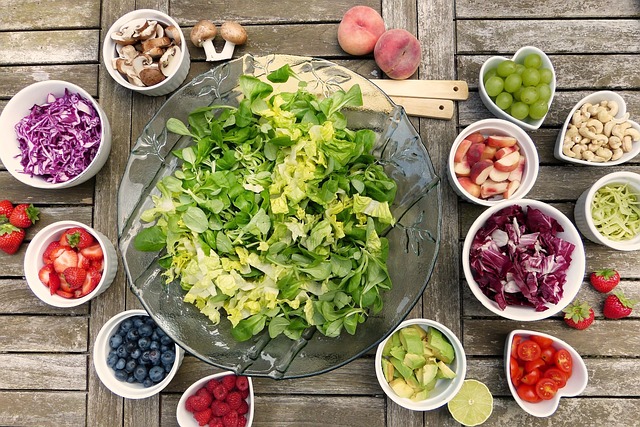
4) Wholegrains
Wholegrains sources such as bread, pasta, oats, quinoa are a good source of dietary fibre, vitamins and minerals. Examples are wholegrain breakfast cereal or wholegrain bread or oats (porridge) or muesli. Studies have shown that the wholegrains have the ability to modify gut microbiota and promote the growth of beneficial bacteria (such as promote the growth of bifidobacteria and lactobacilli)5.
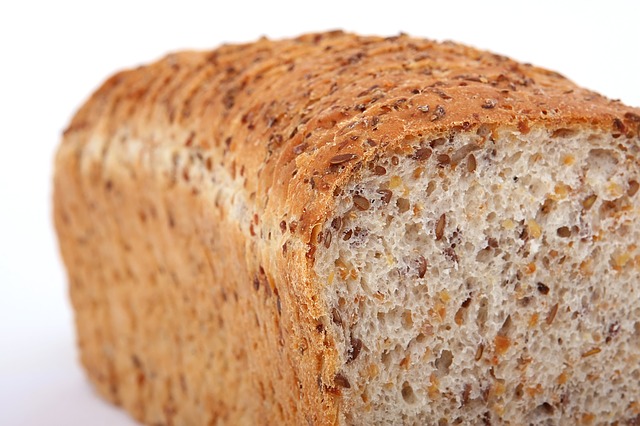
5) Hydration
About 60% of our body is made up of water so it has a vital role in our body such as flushing out toxins, maintaining body temperature, blood pressure and so on. A recent paper suggests that drinking water can support a healthy gut and it may be an important factor in shaping our gut microbiome6. Aim for 1.5 to 2 litres of water per day and your daily requirement can vary based on individual needs and weather as well.
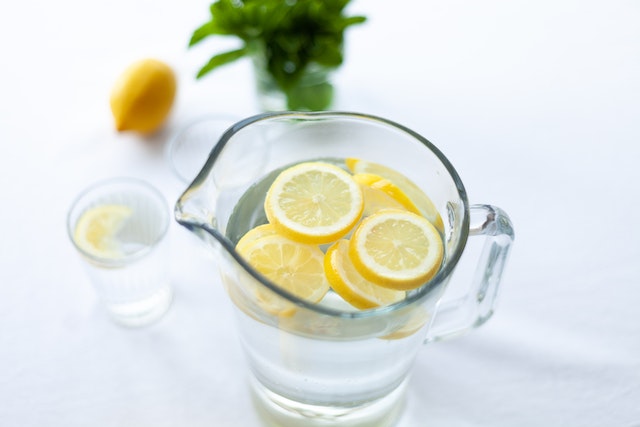
Want to learn more? Click here to download lots of FREE resources for Gut Health Month.
References
- Valdes AM, Walter J, Segal E, Spector TD. Role of the gut microbiota in nutrition and health. BMJ. 2018 Jun 13;361:k2179. doi: 10.1136/bmj.k2179
- Singh RK, Chang HW, Yan D, Lee KM, Ucmak D, Wong K, Abrouk M, Farahnik B, Nakamura M, Zhu TH, Bhutani T, Liao W. Influence of diet on the gut microbiome and implications for human health. J Transl Med. 2017 Apr 8;15(1):73. doi: 10.1186/s12967-017-1175-y.
- Álvarez J, Real JMF, Guarner F, Gueimonde M, Rodríguez JM, Pipaon MS, Sanz Y.Microbiota intestinal y salud.Gastroenterología y Hepatología. 2021;44(7):519-535: doi.org/10.1016/j.gastrohep.2021.01.009.
- Hills RD Jr, Pontefract BA, Mishcon HR, Black CA, Sutton SC, Theberge CR. Gut Microbiome: Profound Implications for Diet and Disease. Nutrients. 2019 Jul 16;11(7):1613. doi: 10.3390/nu11071613.
- Tangestani H, Emamat H, Ghalandari H, Shab-Bidar S. Whole Grains, Dietary Fibers and the Human Gut Microbiota: A Systematic Review of Existing Literature. Recent Pat Food Nutr Agric. 2020;11(3):235-248. doi:10.2174/2212798411666200316152252
- Vanhaecke T, Bretin O, Poirel M, Tap J. Drinking Water Source and Intake Are Associated with Distinct Gut Microbiota Signatures in US and UK Populations. J Nutr. 2022;152(1):171-182. doi:10.1093/jn/nxab312

